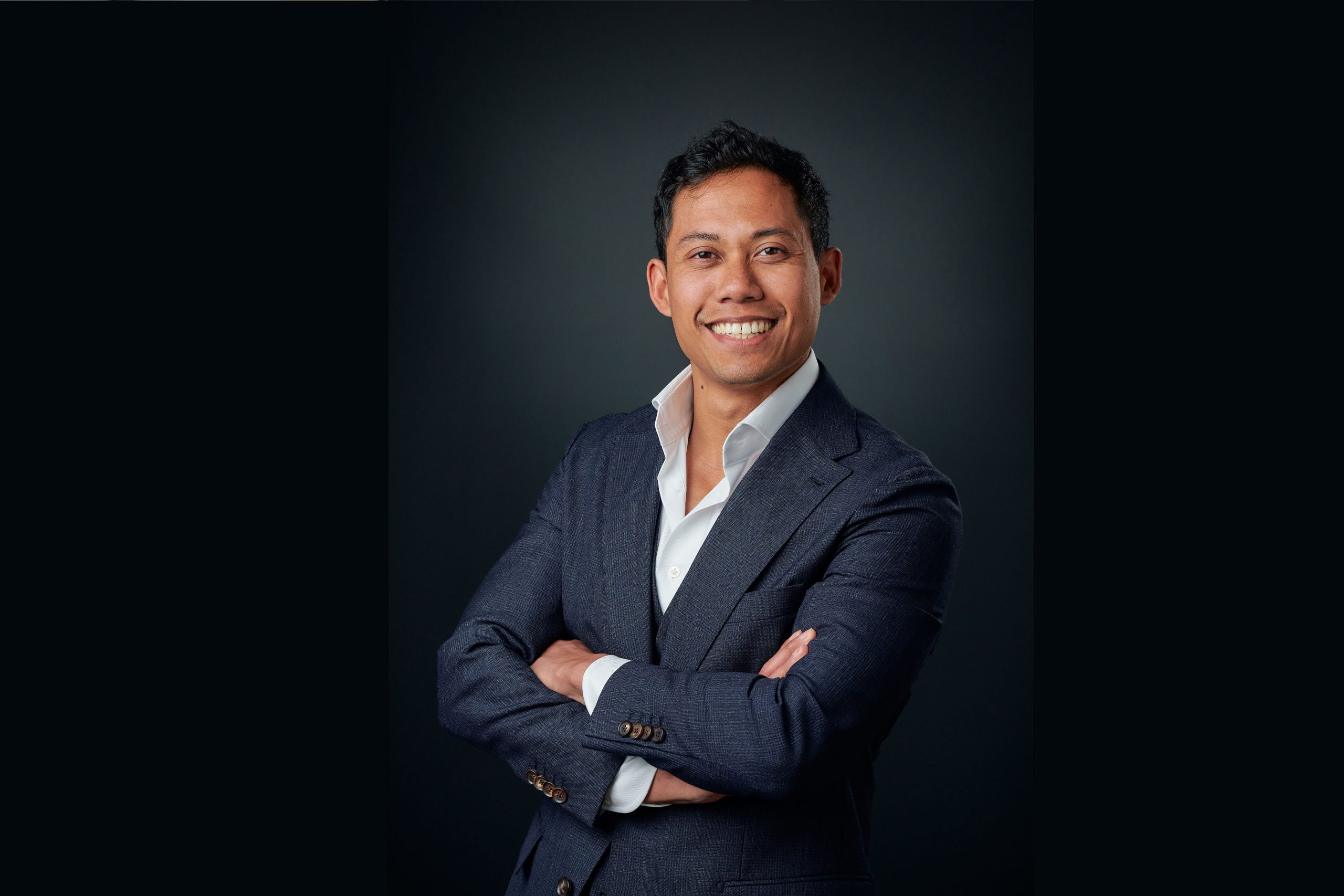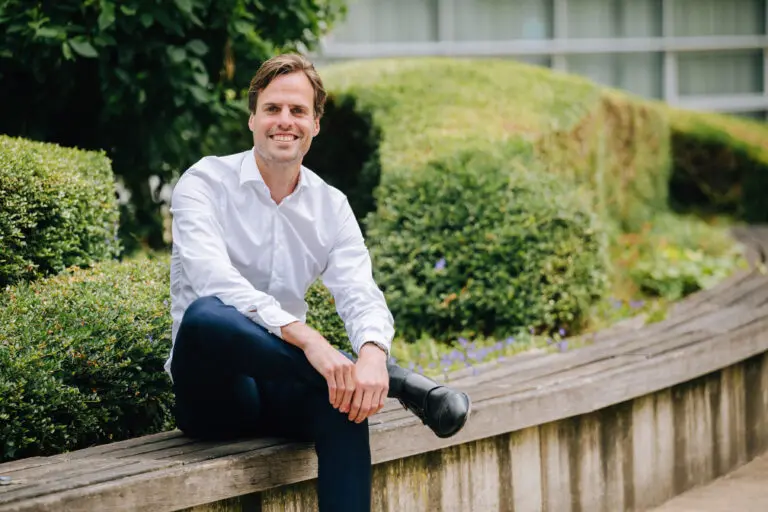Ontvang 4x per jaar het laatste nieuws rond IT en dienstverlening.

David Martoredjo (33) joined ITDS as a Manager Risk Management in July 2021. After studying civil engineering, he gravitated towards consultancy through Talent & Pro after spending five years working for one of the Big Four. We were curious how the switch suited him, so we asked him to share some of his thoughts so far.
Hi David, what made you choose ITDS?
The ITDS mindset really appealed to me. Heaps of flexibility to go where and do whatever you want. The way you approach your assignments is left up to you and you are allowed to go your own way. Entrepreneurship fascinates me and here at ITDS you can be the architect of your own career.
What’s more, the welcoming culture at ITDS makes you really feel at home. The atmosphere is warm and open-minded and a lot interesting people work here.
And how does working for ITDS differ from a large consultancy?
ITDS is a dynamic organisation. Lines are short so changes can be implemented that much quicker. It also makes it easier to approach everyone. If you run up against a problem, everyone is willing help; and if they can’t help they’ll put you in touch with an expert who can.
What has been your first assignment for ITDS?
I advise one of the Netherlands’ big webshops in how to identify and manage the most critical risks in the area of information security. It also involves dealing with the various organisations with which the webshop collaborates.
What I find really challenging about it is the extensive switching between people who know a little bit about a small piece in the bigger puzzle. My job is to define the form of the whole puzzle, establish how big it is, and how important a role is played by that one small piece. Defining and reconciling risks and processes is hugely interesting.
Is that why Risk Management appeals to you generally?
Yes. It’s a relatively young sector so you often have to come up with suitable solutions to match clients’ business operations and requirements. It’s a bit like pioneering, looking for the right solution with the right people. And clients see you as an expert in the field of Risk Management.
Furthermore, when it comes to implementing risk management, many organisations have an enormous amount of catching-up to do. Helping to prevent fraud is super cool; it not only impacts the organisation itself; it also helps the organisation’s customers.
Is your civil engineering background a big help?
Civil engineering teaches you several important skills, which you can apply in practically any discipline. For example, in addition to acquiring hard technical skills and learning mathematics, you also learn to deal with complex problems in a multidisciplinary environment. And you need plenty of creativity. All these skills are certainly useful in risk management!
Aside from assignments at clients, what else do you do at ITDS?
Even though we work on different assignments for a variety of clients, risk colleagues meet regularly to share our knowledge and experiences. One of us might, for example, know all there is to know about IT risks and data governance, while another might be an expert in financial risks. It’s how we learn from one another and keep our knowledge up-to-date.
We also collaborate with a team of risk consultants in implementing Internal Control Frameworks (ICF) at clients. In the context of this team, I coach juniors in content. I’ve also started giving training courses in the area of Lean SIx Sigma and Scrum/Agile. My own further development is also very important to me.
Looking ahead, what would you like to achieve at ITDS?
I’d love to continue developing my coordination activities; like setting up a strategy in a team context to implement risk management in organisations, for example. In this respect, I think the IT component of risk management is the most interesting, because, among other reasons, IT is becoming increasingly important. I’ve already developed myself in IT during the past few years, so it strikes me as a cool thing to do to share my knowledge and experiences with other ITDS colleagues.
I’d also like to further my development in ITDS by coaching others. I think it’s important to establish where a person’s strengths lie and how they can be expanded and developed.




